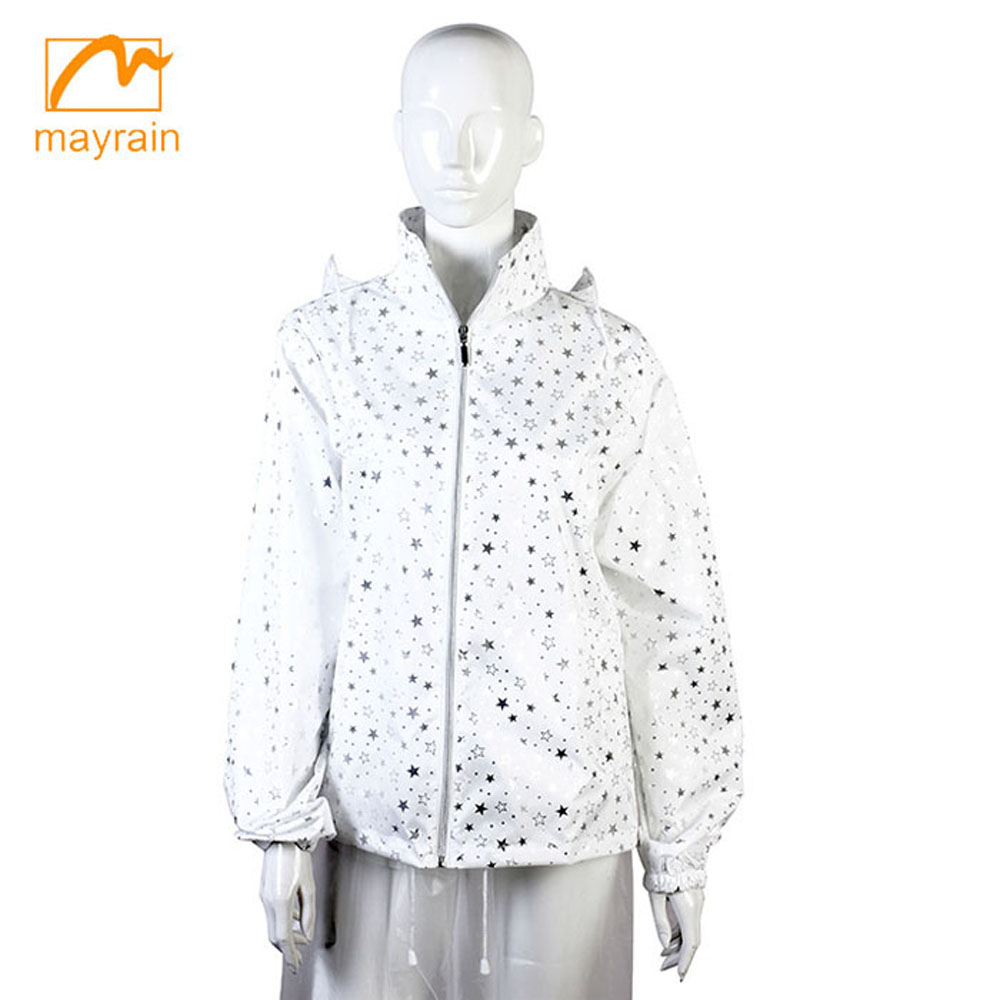 rainwears@163.com may@may-rain.com
rainwears@163.com may@may-rain.com Mon to Friday: 8.00 am - 7.00 pm
Mon to Friday: 8.00 am - 7.00 pm
Durable Outer Shell Tent for All-Weather Camping Adventures
The Benefits and Features of Hard Shell Tents
In recent years, camping has evolved from a simple outdoor pastime into a sophisticated experience that combines comfort, luxury, and functionality. Among the innovative camping equipment that has emerged, hard shell tents have gained significant popularity. These modern shelters combine the traditional elements of camping with advanced engineering, providing outdoor enthusiasts with both a cozy and durable refuge.
What is a Hard Shell Tent?
At its core, a hard shell tent is an elevated tent that features a rigid exterior, typically made from materials such as fiberglass or ABS plastic. Unlike traditional canvas tents that depend on flexible poles and fabric, hard shell tents usually pop up into shape and can be set up quickly. This design enables campers to enjoy a comfortable sleeping space, elevated off the ground, which protects against dampness and cold.
Key Features of Hard Shell Tents
1. Durability One of the standout features of hard shell tents is their robust construction. They are designed to withstand a variety of weather conditions, from strong winds to heavy rain and even snowfall. This durability ensures that campers can feel secure and comfortable, no matter the environmental factors they face.
2. Ease of Setup Traditional tents can often require time-consuming assembly. Hard shell tents, on the other hand, are typically easier to set up. Many models feature hydraulic or gas struts, which allow them to pop open instantly, significantly reducing setup time. This convenience means more time to enjoy outdoor activities rather than struggling with tent poles and pegs.
3. Insulation The hard shell exterior offers enhanced insulation compared to fabric tents. This feature can keep the interior warmer in cold weather and help maintain a cooler environment during hot sunny days. The insulation not only improves comfort but also contributes to better energy efficiency, especially for those who use portable heaters or fans.
hard shell tent

4. Space Optimization Hard shell tents often come with a design that maximizes interior space. Many models have features like built-in storage compartments, which help keep gear organized and the living area clutter-free. Additionally, some can accommodate multiple sleeping areas, making them ideal for families or groups.
5. Portability Despite their robust structure, many hard shell tents are designed to be towed behind vehicles, particularly compact campers or trailers. This portability allows for easy transportation to various camping locations without sacrificing comfort.
6. Versatility Hard shell tents appeal to a wide range of campers, from weekend warriors to full-time adventurers. Whether you are setting up at a designated campground or venturing into more remote wilderness, these structures can adapt to a variety of environments.
Environmental Considerations
As outdoor enthusiasts become more aware of their environmental impact, manufacturers have taken steps to create more sustainable options in hard shell tent design. Many brands are now using eco-friendly materials and production methods, ensuring that camping remains an enjoyable experience without harming the planet.
Conclusion
In summary, hard shell tents represent a significant advancement in outdoor gear, merging the beauty of camping with modern engineering. Their durability, ease of setup, insulation capabilities, space optimization, portability, and versatility make them an attractive choice for anyone eager to experience the great outdoors without compromising on comfort. As camping continues to grow in popularity, investing in a hard shell tent could be considered not just a practical decision but a pathway to countless memorable adventures. With the right equipment, the joys of nature can be enjoyed with all the comforts of home, allowing for a truly enriching outdoor experience.
-
Silver Printed Women’s Jacket – Stylish, Lightweight & Trendy Outerwear
NewsJul.30,2025
-
Fashionable Design Long Raincoat Rain Poncho Waterproof Polyester
NewsJul.30,2025
-
High Lighting Reflective Rain Jacket Windbreaker Safety Jacket for Adult
NewsJul.29,2025
-
Disposable PE Rain Poncho - Lightweight, Waterproof, Easy to Carry
NewsJul.29,2025
-
Stylish Lady Coat Women Jacket – Trendy & Elegant Outerwear
NewsJul.29,2025
-
Full Printing 100% Waterproof Wearable Striped Polyester Fashion Windproof Raincoat
NewsJul.29,2025































